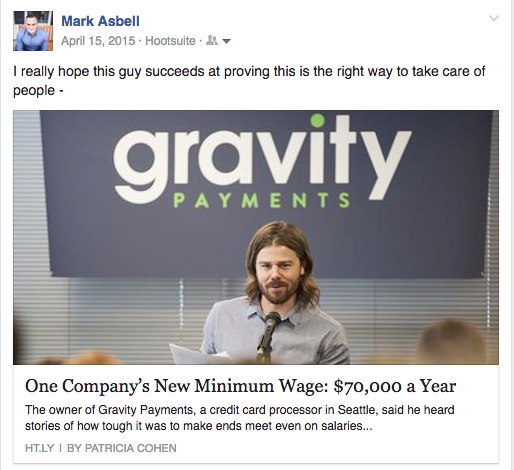How did The Sound of Freedom stir up so much controversy? Why did certain groups of media, celebrities, influencers, elites, and all their sheep hate this movie so badly? After seeing the movie that is still a mystery to me.
Before seeing the movie, I watched the docu-series, Light in the Darkness, because I wanted to hear more of the backstory and understand some of the facts before going to see the movie’s portrayal of it. I know how wild movie creators can be with the dramatization of true stories.
After watching the docu-series I couldn’t understand why there was so much backlash about the movie. The talking heads or headlines of the world were making out like the story is over-embellished, the main character has a hero-dad-god complex, and the movie is for “QAnon believers” (because we have to bring extremism into every discussion these days and label any opposing perspective as the extreme we are against).
My thoughts about the backlash before seeing the movie were, ok yeah it’s probably dramatized for a movie but so what that is the case with literally every true story movie that has ever been produced. Other than that, I couldn’t understand what would be so conspiratorial about the movie, especially after watching the docu-series which clearly lays out the dark reality with all the evidence needed to see there is a problem.
So I went to the movie with a somewhat open mind to try and see what some people believe is so controversial. Throughout the movie, I was able to pick up on plenty of the dramatized details, but again it doesn’t matter. The overarching truth of the movie remains – there’s a sex slave trafficking industry in the world and it is a problem. This literally cannot be denied.
Taking my consideration of others’ perspectives a little further, I asked myself the question, “Why would people be so upset about this despite the premise of it being real and true?” Here are the only answers I’ve come up with (and these are purely my thoughts and opinions):
- They actively participate in the problem. Maybe they don’t rape children, but consuming child pornography is no less evil.
- They know people who actively participate in the problem. Powerful and deceitful people tend to have amazing ways of getting others on their side.
- They somehow profit from the problem. This could be as direct as literally gaining from the trafficking transactions or being under the financial influence of those who do (think Epstein, Weinstein, those types).
- They blindly believe what those who perpetuate the problem say and do to deceive people into believing there isn’t a problem. This removes a layer of positional or financial power. So many people will blindly believe whatever the talking heads say that the evil people of the world get away with literally anything.
- They have somehow been a victim of the problem and need help. There are a lot of twisted perspectives from people who have been victims of sexual abuse. It is terribly fascinating how deceived we become during and after being the victims of abuse.
I’m sure I could expand on these thoughts or come up with more ideas to list, but ultimately it all points back to evil. The only reason I can think of for people to be so up in arms about this type of movie is evil. If a person can’t agree that the problem exists and on any scale, it should be dealt with, and this movie sheds light on that problem, then that is a person too consumed by evil.
Evil exists. It is very deceptive. And whether a person believes it or not there is an author of that deception commonly referred to as the devil, satan, or the enemy (by us crazy far-right Christians). But again, some people just refuse to believe so they’re repulsed by even the mention of God (just like the devil himself).
The movie is primarily about children, and understandably so given the details of the true story the movie is based on. But the problem exists for adults, primarily women, as well. It is atrocious.
One of the powerful lines in the movie is “God’s children are not for sale”. To believers in God and the battle the enemy is waging for the hearts and souls of man, we all know that statement applies to a much broader audience than the young children in the movie.
Young and old and every race, we are all God’s children, and we are not for sale.




 Serving people is hard work. It can be exhausting mentally, emotionally, and even physically. Current culture teaches us that unless we somehow protect ourselves from the taxing effects of serving people then we might burn out. The unfortunate result of that mentality is many people are “serving” without really caring.
Serving people is hard work. It can be exhausting mentally, emotionally, and even physically. Current culture teaches us that unless we somehow protect ourselves from the taxing effects of serving people then we might burn out. The unfortunate result of that mentality is many people are “serving” without really caring.